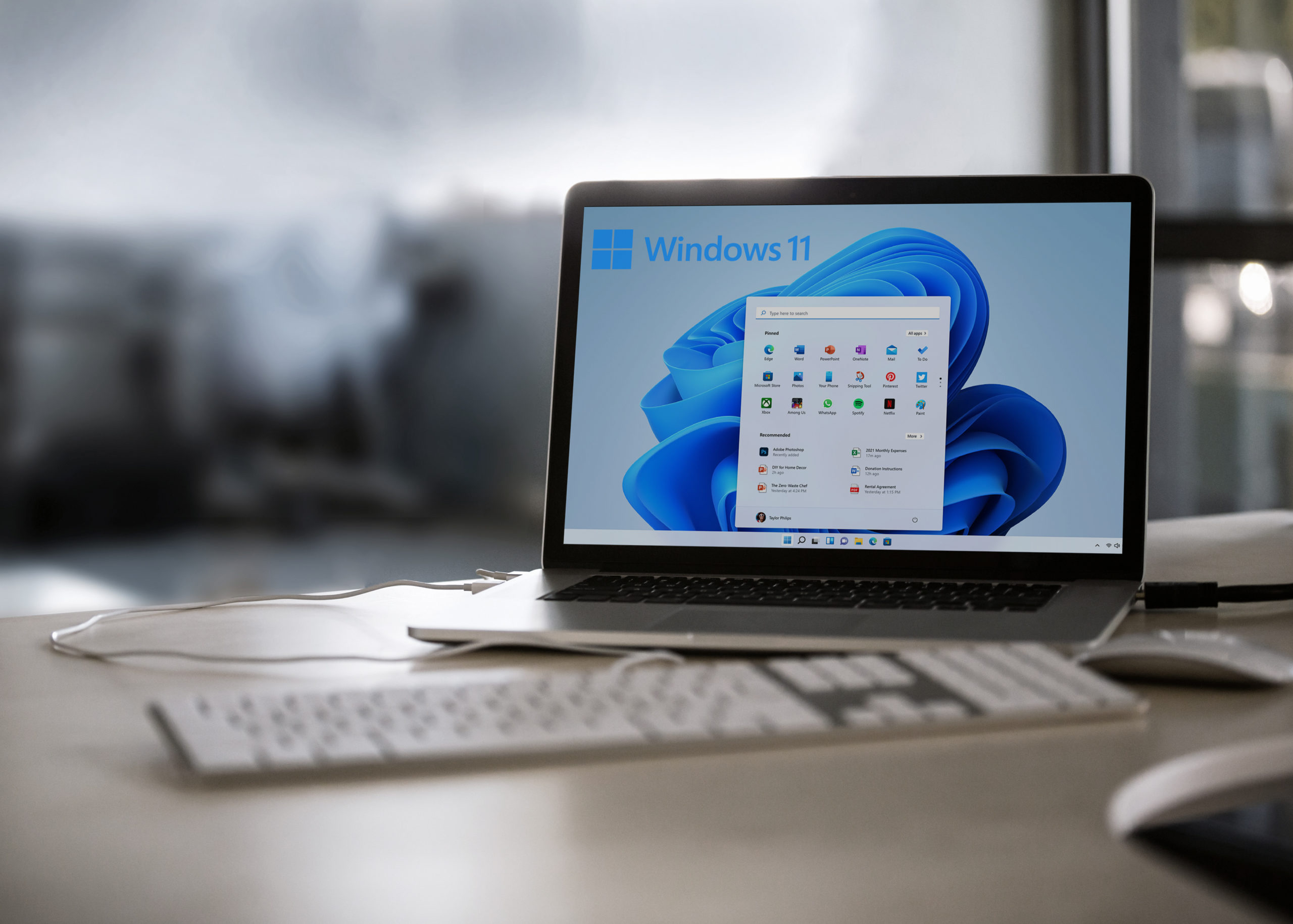Windows 11: Should I Upgrade?
Three Reasons Why You Should (And Three Reasons Why You Shouldn’t)
It’s that dreaded time again when things become uncertain in the realm of computer operating systems: a newly released operating system. Over the years, OS releases have had spotty track records at best. Some operating systems proved themselves to be amazing business staples for many, many years (I’m looking at you Windows XP and Windows 7) while others have been metaphorically burned at the stake (who remembers Windows Vista or Windows 8?). For what it’s worth, Windows 10 has developed a reputation for being one of the greats, along with Windows 7. Now that Windows 11 has come, people are asking themselves “Should I upgrade?” Hopefully, I can help make your decision a little easier.
– You SHOULDN’T upgrade if you have older hardware…
OS upgrades like Windows 11 spell bad news for people with ancient hardware. Things will run slower, you’ll notice more bugs, or may even experience errors during the upgrade process itself. Before upgrading to Windows 11, make sure your hardware can handle it.
– You SHOULD upgrade because it’s currently free…
Just like when Windows 10 first came out, Windows 11 is currently free for Windows 10 users to upgrade. This may not always be the case. Operating systems can be expensive and waiting to upgrade could be a costly endeavor, especially if you know, eventually, you’re going to either way.
– You SHOULDN’T upgrade if you’re running older, possibly incompatible programs…
Similar to older hardware, you’ll likely run into an issue if you’re running older programs, especially if the applications are built for Windows 7 or earlier. In some cases, you may be able to make them work, but don’t count on it. Before you upgrade to Windows 11, look to see if you can upgrade older software along with the operating system.
– You SHOULD upgrade because it’s got more features…
As with most new versions of software and operating systems, you’ll be missing out on some cool features if you don’t upgrade. Windows 11 is no different. A full list of new features for Windows 11 can be found here: https://docs.microsoft.com/en-us/windows/whats-new/windows-11-whats-new
– You SHOULDN’T upgrade if you don’t have a rollout plan…
When organizations adopt new operating systems, it’s imperative to have a rollout plan in place. The plan doesn’t necessarily have to be complex or time-consuming, but something as simple as choosing 1-3 pilot users, testing with them and working out any bugs, then coordinating the upgrade on teams, departments, and the rest of the organization. Information gathered based on the rollout to the pilot users can be invaluable to mitigating issues on a large-scale rollout.
– You SHOULD upgrade because it’s more secure…
The last (and perhaps most important) consideration for upgrading to Windows 11 is the fact that it’s more secure than its predecessor. With today’s ever-evolving cybersecurity concerns, it’s more important than ever to mitigate information security risk and maximize your protection. Windows 11 offers the latest and best security features for a Microsoft end user operating system, which should be a major factor in an organization’s decision to upgrade.
Connect Cause is proud to be an IT/IS Managed Services Provider exclusively working with nonprofit partners. Our goal is to provide nonprofits with appropriate, affordable, and scalable technology products and services. If you’re a nonprofit in need of IT/IS help or just have questions about implementing Windows 11 for your organization, please don’t hesitate to reach out to us today for a free consultation.
—www.ConnectCause.com—



